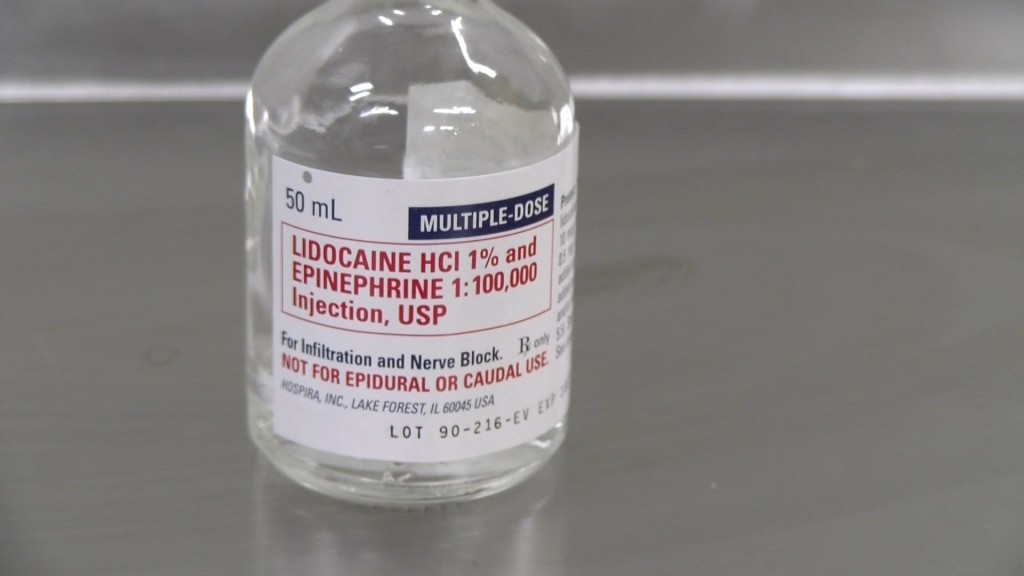Lincoln doctors dealing with shortage of drug Lidocaine

Posted By: Alden German
agerman@klkntv.com
Doctors across the country are scrambling to get their hands on an important medication that’s in short supply – Lidocaine.
It’s primarily used to numb the skin in areas that are about to have an incision.
Dr. Wes Whitten of the Nebraska Pain Institute explains the situation.
“The more common ones that are being used are being used faster, therefore that creates a shortage of those to where doctors are now having to get creative with the local anesthetics they use and choosing other alternatives to be used in order to achieve their ultimate goal of keeping patients comfortable during these procedures,” Whitten said.
The problem began last year and has only gotten worse. A lot of Lidocaine is manufactured in Puerto Rico, which was ravaged by hurricanes.
Other batches produced elsewhere have had to be thrown out because they did not pass FDA standards.
“All of the distributors are still having the same issue across the board. One may have a certain product whereas another doesn’t have it,” said Whitten. “In my previous practice in North Carolina we were experiencing the same issue. It is a nationwide phenomenon of local anesthetics overall being depleted.”
Dr. Whitten says he’s still able to treat most patients, but procedures that require large doses of Lidocaine have had to be put on hold. It’s a problem affecting smaller practices more than larger ones.
“As a smaller practice we buy a smaller volume and therefore a lot of the volume that’s being delivered is being delivered to the bigger facilities and to bigger hospitals especially when they do more urgent things such as trauma surgeries,” Whitten said.
Some of those small practices have resorted to asking other clinics if they have any to spare. Dr. Whitten hasn’t had to, and doesn’t think he will.
He wants to assure patients that they can still be treated, but if supply doesn’t increase soon, some treatments may have to be changed.
Dr. Whitten says the shortage is not affecting patient prices.



